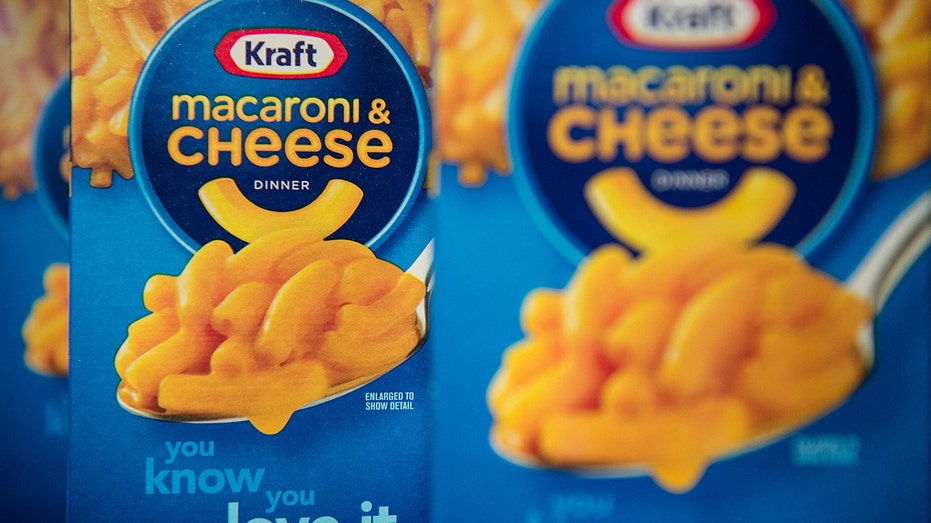A judge denied Kraft Heinz’s efforts to dismiss a proposed nationwide class action lawsuit over allegations that its products, marketed as free from preservatives, contain ingredients that contradict its labels.
On Wednesday, Judge Mary M. Rowland ruled that the company must face the lawsuit filed by consumers in Illinois, California and New York. The consumers leading the case have “have adequately alleged” that Kraft Mac & Cheese products contained a synthetic form of citric acid and sodium phosphates although they “were advertised as containing ‘no artificial preservatives’,” Rowland said in court documents.
The consumers also alleged that the company was “misleading reasonable consumers into believing that the products are free from preservatives,” the court documents stated.
KRAFT HEINZ REMOVES LUNCHABLES FROM NATIONAL SCHOOL LUNCH PROGRAM
Specifically, the consumers alleged that “that citric acid sodium phosphates function as preservatives.” They cited “scholarly articles describing both Ingredients’ role in preserving food,” as well as guidance from the Food and Drug Administration “that describes citric acid as a preservative,” to argue their case.
“These allegations are enough to withstand a motion to dismiss,” the judge wrote.
CHIPOTLE SHAREHOLDER SUES COMPANY AFTER PORTION SIZES GO VIRAL
Kraft tried to get the case thrown out, arguing that there was no proof it used artificial preservatives in its Mac & Cheese products. It also argued that most consumers would consider its ingredients to be artificial.

Kraft Heinz stands by its labels, telling FOX Business in a statement Friday that the company’s Kraft Macaroni & Cheese “contains no artificial flavors, preservatives, or dyes.”
“We stand fully behind our product and are proud of its quality. We strongly believe that this lawsuit has no merit and look forward to our day in court,” the company said.
The judge did rule that the consumers could not demand new labels because they are now aware of Kraft’s alleged deceptive practices and are no longer at risk.
“Plaintiffs here are clearly aware of Defendants’ allegedly deceptive practices, so they cannot be said to be at risk of future harm from Defendants’ allegedly deceptive practices,” the judge continued.
Reuters contributed to this report.












